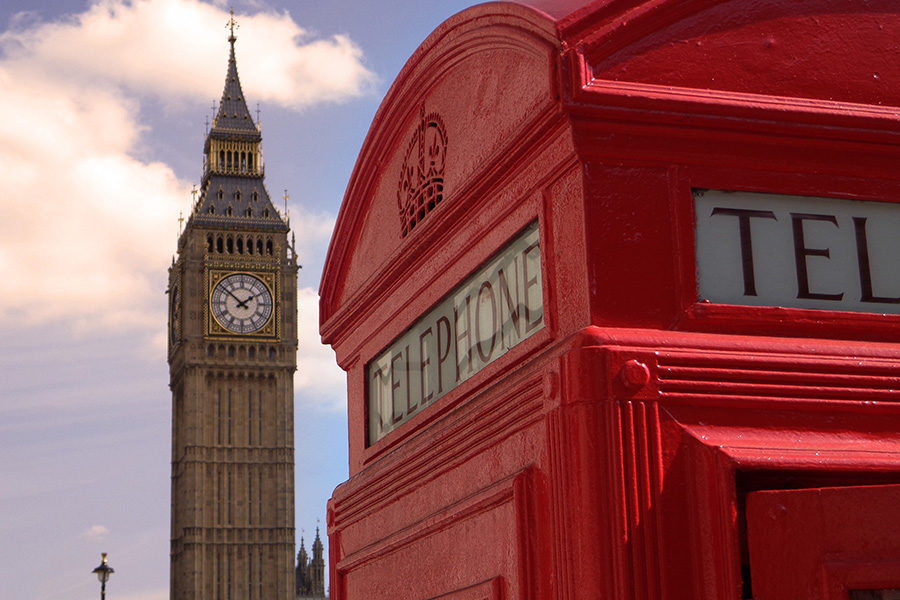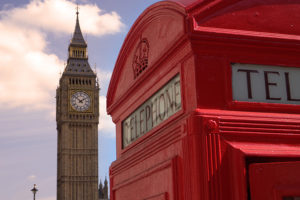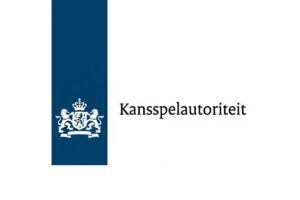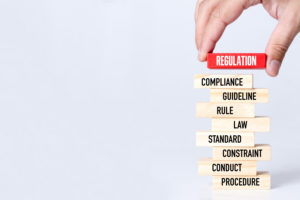Gambling Commission survey data shows public concern over affordability checks

Details of the survey were published after a Freedom of Information request.
UK.- Details from a public survey show public concern over the Gambling Commission’s affordability checks for online gambling. The data was obtained by Regulus Group and partner Dan Waugh and published in Racing Post following a Freedom of Information request.
An initial request to see the results of the survey, which began in 2021, was rejected last year, when the Gambling Commission said there was “no outstanding public interest” to warrant sharing the data. However, Regulus subsequently made a second request.
The data suggests a negative public opinion on affordability checks: 42 per cent of 12,000 respondents said they would refuse additional requests from an operator for affordability information, while 22.5 per cent said they would stop gambling with that operator. Only 14 per cent said they would comply. Some 18 per cent said they would feel uncomfortable with the requests and 48 per cent would feel very uncomfortable.
Affordability checks, or financial risk checks, were finally recommended in the UK government’s gambling white paper of last year. The Gambling Commission has announced a pilot project starting in August. A phased approach will see a £500 threshold apply from August 30. A lower £150 threshold for “light-touch” passive checks will be introduced from February 28, 2025. The Gambling Commission says customers will not notice these checks.
Waugh told Racing Post: “[The Gambling Commission] was clearly reluctant to share this information at all and then you look at the results and ask why could that be? It raises doubts, which have been expressed before, about the extent to which the Gambling Commission is in earnest when it runs these consultations because it has an uncanny knack of doing precisely what it sets out to do regardless of what people submit in evidence.”
The UK racing sector has been vocal in its criticism of plans for affordability checks. The BHA and racing media conducted their own surveys on the matter. The horseracing sector also collected more than 100,000 signatures in a petition against the proposals. That led to heated debates with the Gambling Commission, which accused opponents of publishing misleading information.











